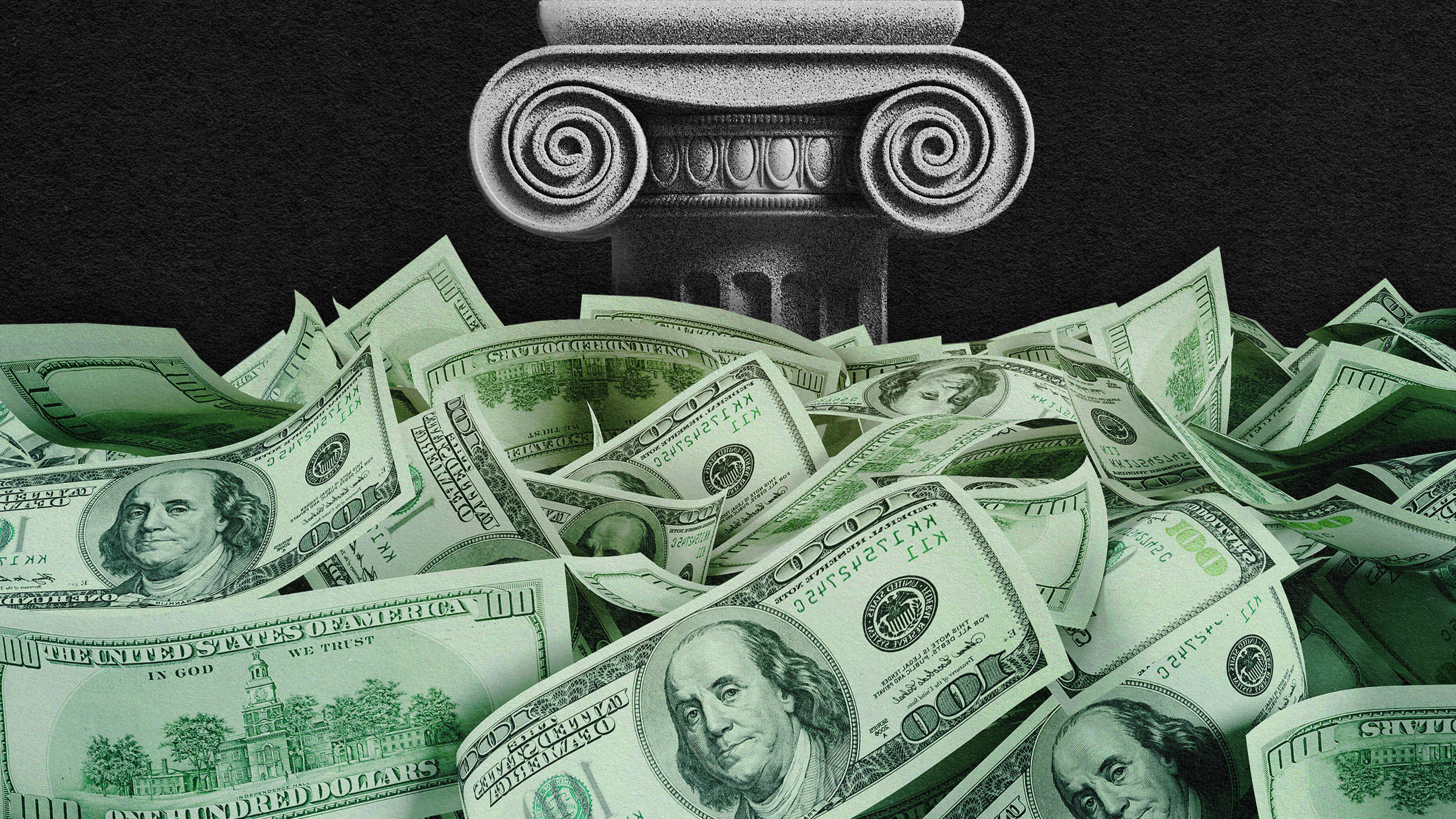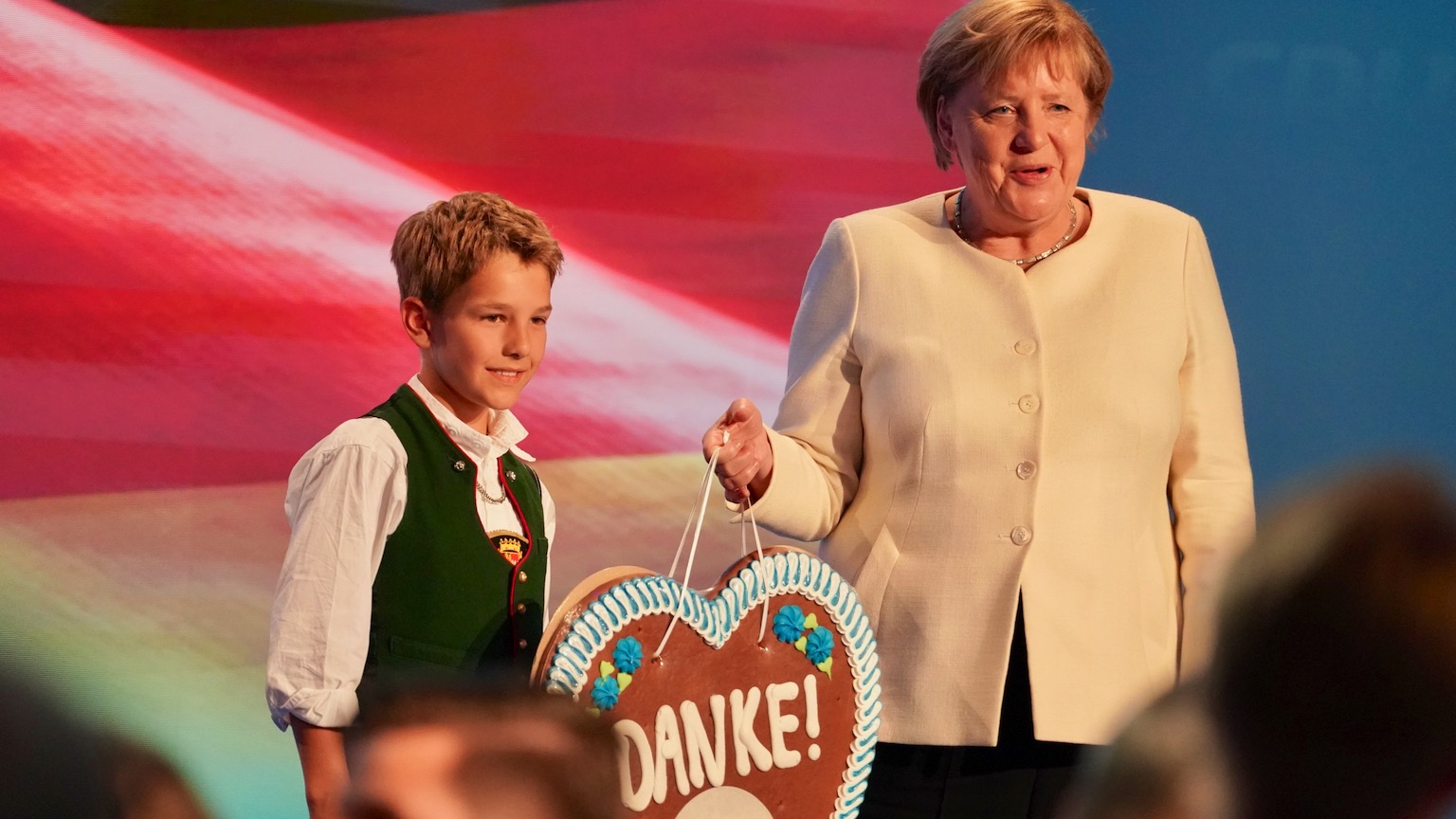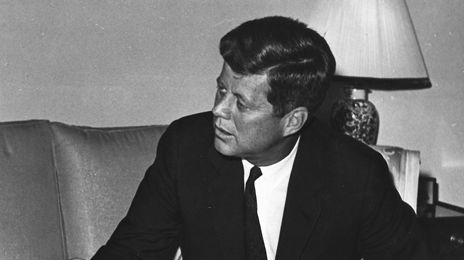The Art of Sham Elections

Why did Vladimir Putin, who was firmly entrenched in power, extend suffrage to all citizens and conduct an election that could have possibly cost him his job? Bruce Bueno de Mesquita, author of The Dictator’s Handbook: Why Bad Behavior is always Good Politics, has offered an answer for this question — and it has more to do with hanging on to power than losing it.
What’s the Big Idea?
According to Bueno de Mesquita a dictator or autocrat can conduct a rigged election, not to confer legitimacy or choose the right person to govern the country’s affairs but to cultivate loyalty. Bueno de Mesquita argues that a ruler will let sham elections run in their country so that they can communicate to the politicians around them that they are expendable should they stray from the desired agenda. If the ruler has predetermined the outcome of the election, he can easily rig people in and out at his leisure. Moreover, Bueno de Mesquita’s argues in his book that some multiparty systems are a function of the ruler’s desire to hang on to power as well. A state with one-party dominance will happily allow for a multitude of other political parties that challenge their rule so long as they fragment the vote to the point where the ruling party dominates indefinitely.
Eurasian foreign policy expert Ivan Krestev offered an interesting take. He noted that a common argument that democracy’s advocates push to forecast the end of authoritarian rule, such as Putin’s, is “that such rulers unavoidably put their electoral authoritarian regimes at risk. ‘If in the first act you have hung a pistol on the wall,’ Anton Chekhov once reportedly advised his fellow playwrights, ‘then in the following one it should be fired.’ Political scientists contend that if authoritarians adopt elections and other democratic institutions—even in a limited, manipulative way—at some point these institutions will ‘fire.’ The presence of democratic institutions, even if they are perverted ones, will eventually bite authoritarian regimes where it hurts.” Perhaps it would be best for Putin to remind himself of Bueno de Mesquita’s rules for holding on to power.
Watch the video here:
Image courtesy of Shutterstock
Follow Mark Cheney on Twitter @cheney_mark





